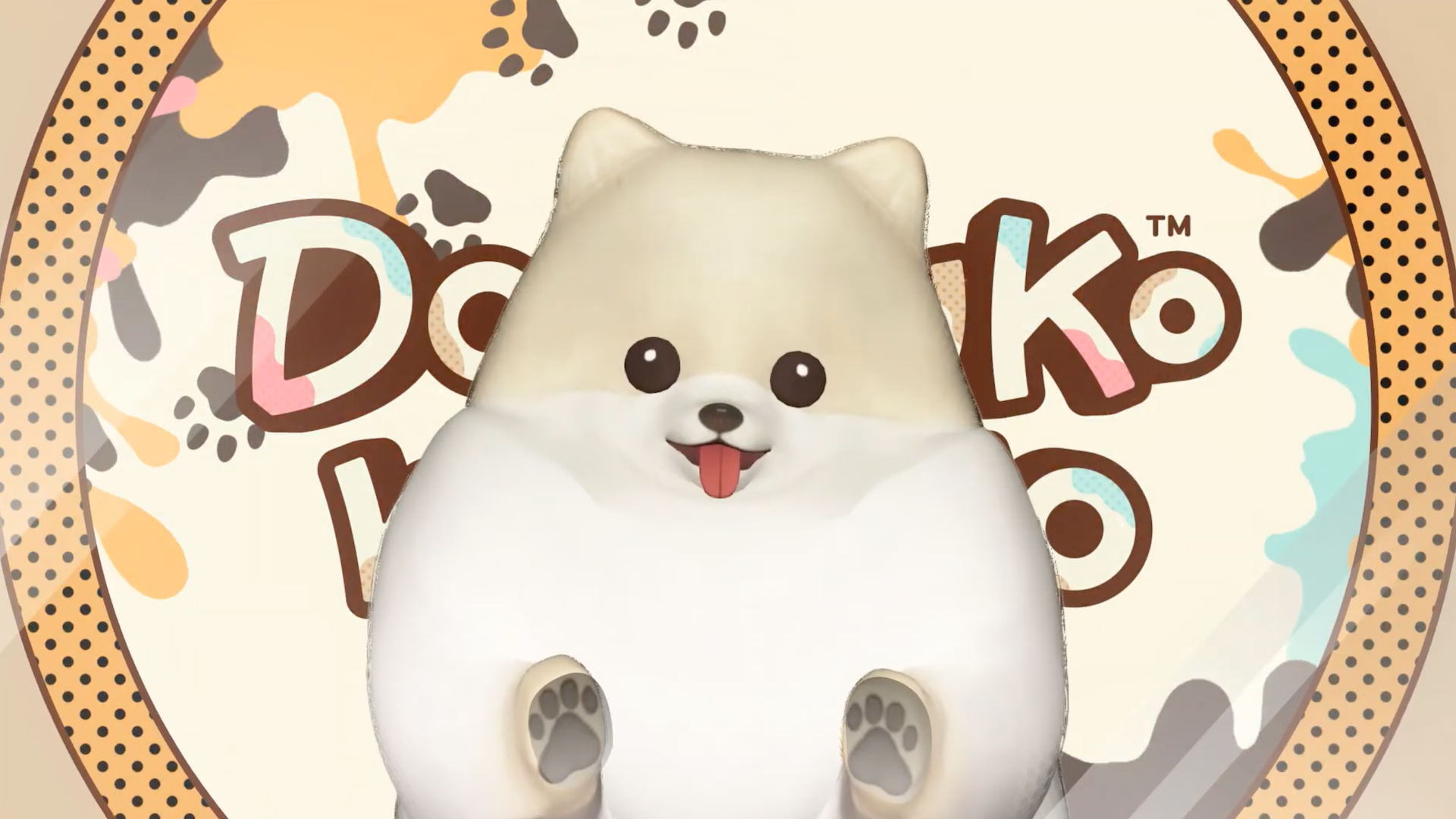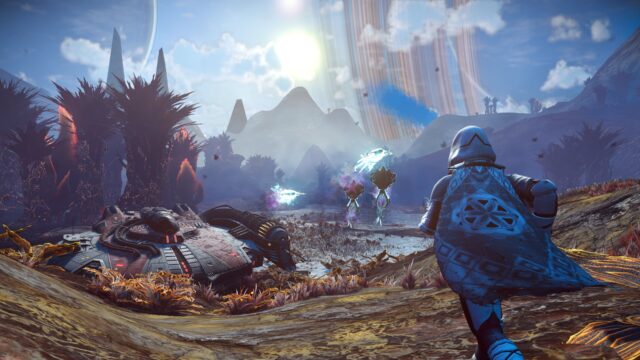
Bandai Namco has stealthily released a new freebie about a Pomeranian making an absolute mess, and it’s surprisingly one of the publisher’s best-rated Steam games ever.
Doronko Wanko shadow-dropped onto the digital storefront earlier this week on March 26, tasking us all to become the “cute, innocent Pomeranian” who needs to “make your master’s home messy and dirty.” Animals causing chaos is perhaps my favorite new genre after bullying villagers in Untitled Goose Game, so this setup seems failproof.
Pomeranians can be exorbitantly fluffy creatures, as Pom owners will be frightfully aware of, which handily makes them perfect sponges for dirt. Our titular good boy can soak up mud puddles and then make a total mess by shaking about. But we can also use various items in the house to further our mess, like a fan that can fling our mud to further corners and such. There’s even a little elephant hat that can shoot liquid out of its trunk.
The simple joys of getting messy seem to have worked wonders since Doronko Wanko currently sits at an “Overwhelmingly Positive” rating based on over 700 Steam user reviews, with many players praising the freebie’s chill vibes and hilarious secrets.
Bandai Namco also released two other free games with Boomeroad (a game about grinding on player-made rails) and Nottolot (a robot hacking puzzler) joining in on the fun.
Free games are always nice, but what’s more interesting to me is how these games came to fruition. VGC reports that the trio was developed under the publisher’s incubator label, Gyaar Studio, which allows new developers to gain experience and cut their teeth on smaller projects.
Xalavier Nelson Junior – the lead developer on El Paso, Elsewhere – pointed out that fishing RPG Dave The Diver and Ubisoft’s experimental platformer Grow Home were both “produced in a somewhat similar way – with splinter teams inside of large organizations, using spare cycles/staff of multiple experience levels to build games that aren’t feasible at a AAA scale (but wildly profitable otherwise.)” Perhaps the idea is one way to make game development slightly more sustainable.


